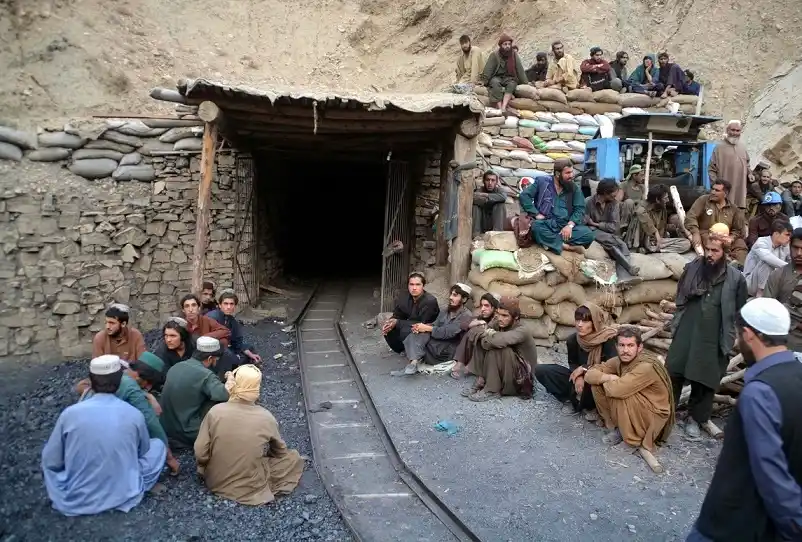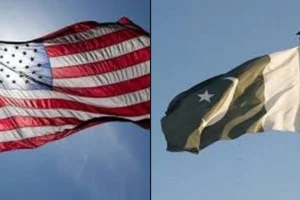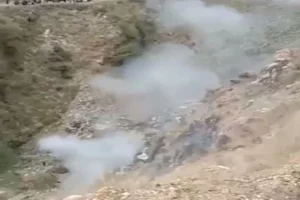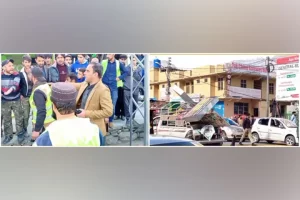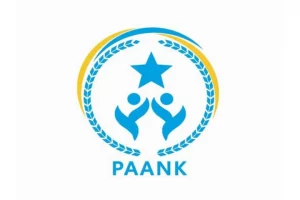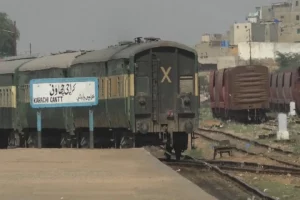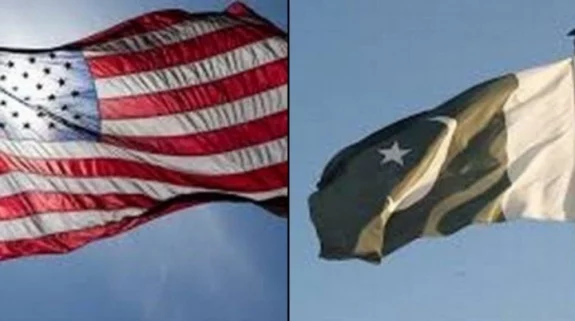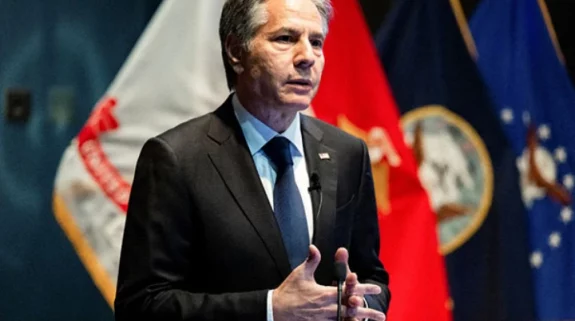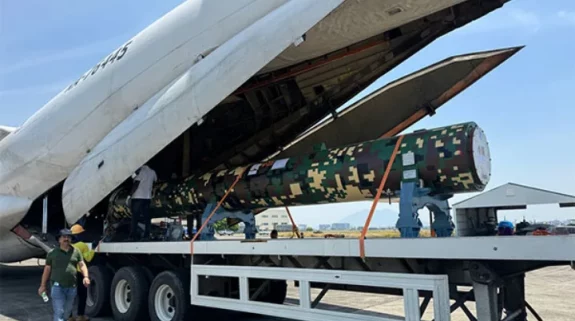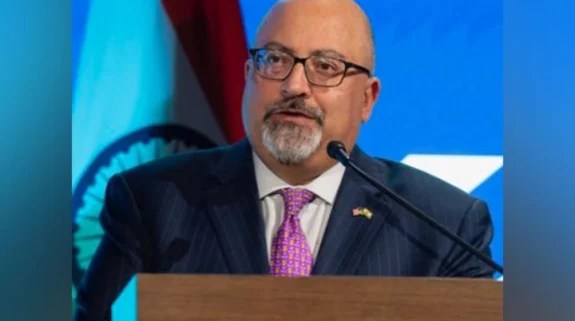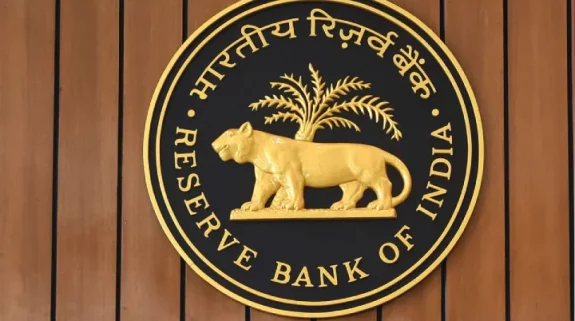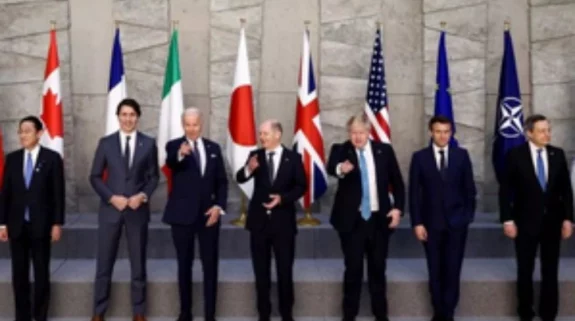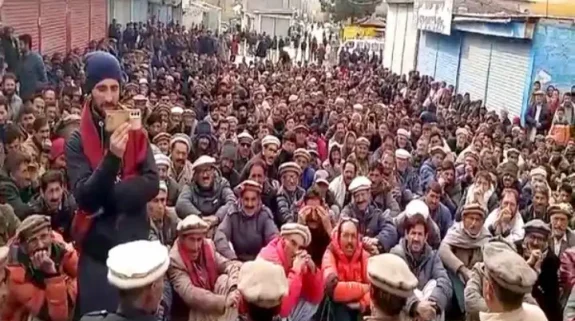Balochistan is in the news for a variety of reasons—its long-drawn insurgency, ‘spectacular attacks’ on Pakistani security forces, rapacious Chinese investment and, a female bomber blowing up Chinese teachers of the Confucius Institute at the Karachi University.
Buried among this melee is the agreement signed last month by the ousted Imran Khan government with Canada-based mining company Barrick Gold over extracting gold and copper from the conflict-ridden Balochistan province. A cash-strapped Pakistan signed the deal in a hurry to extricate itself out of a messy $11 billion penalty levied by international courts.
Signals coming out from Balochistan indicate that the deal is likely to run into the Baloch Tsunami of resistance and nationalism. To cut through the clutter, India Narrative reaches out to the UK-based financial economist Meerain Baloch to understand about the future of the project. Meerain says that it may not be smooth sailing for Pakistan in the Reqo Diq mining project.
Q: Do you think this agreement will fructify on ground considering the opposition to the exploitation of Balochistan's mineral wealth by Pakistan and China?
Meerain: The agreement may not fructify in the long-term as the assessment by Barrick Gold only takes account of the production and return of nearly 16 per cent on the project, which according to the company is shared between Barrick Gold (50 per cent), Pakistan’s Federal government (25 per cent) and the Balochistan Government (25 per cent). This means the people of Balochistan will not get anything from the exploitation of their national wealth just like Sui Gas project which is worth hundreds of billions but did not bring any benefit in terms of gas supply or revenue to the people of Balochistan.
All other projects including mining of precious stones and minerals have hardly been invested on Balochistan itself. The current Chief Minister was elected in his first term by getting only 400 votes when the whole of Balochistan boycotted local elections. The profit margins will instead go to the “Establishment” and will make the people of Balochistan worse-off in terms of resources exploration.
Q: If the company is not able to start operations due to attacks from Baloch nationalists, what happens to the agreement in legal terms?
Meerain: Unfortunately, the legal agreements have not been published by the Pakistani government except for some information by Barrick Gold in their recent statement and their CEO’s media interview. If the process of mining is disrupted, the company already will have many options but for the Baloch, the outcome will be more military operations based on previous experience and history.
Q: Pakistan signed the agreement in an effort to escape the fine, but was it prudent on part of Barrick Gold to have entered into the agreement knowing the tense situation in Balochistan and also Pakistan's dismal financial situation?
Meerain: As far as my understanding and research goes, Barrick Gold has not done enough research in terms of Baluchistan’s many issues. The company has only calculated the geopolitical risk in terms of the political situation in Balochistan. What I believe is that, for the company it is just one of the biggest gold and copper reserves sitting to be mined. However, the situation in Balochistan will turn out to be a black swan scenario for the company.
Q: Pakistan is supposed to put in $1 billion to kickstart the project. Does it have that much money considering its financial position and also the political turmoil in the country?
Meerain: Pakistan is already facing political and financial instability. The Pakistani currency has faced severe devaluation in recent years and ratings have been downgraded by agencies. Pakistan is also facing a current account deficit and is nearly cash stripped. The current inflation stands at 11 per cent and GDP growth of 3-4 per cent makes it hard for Pakistan to jumpstart the project.
If you look at any indicator, it does not show any positive sign about the economy picking up any time soon, which makes it hard to issue debt. The country itself does not produce anything except textiles which, in recent years, has been shifting to Bangladesh due to political and other crises such as shortage of gas and electricity. So, for this reason, my simple bet is that Pakistan might borrow from a third country, maybe even China, to start the project.
Read More:
Baloch organisations warn foreign investors over reviving Reko Diq mines in Balochistan
Brushing aside Baloch protests, Imran Khan surrenders gold mines to China in Balochistan






